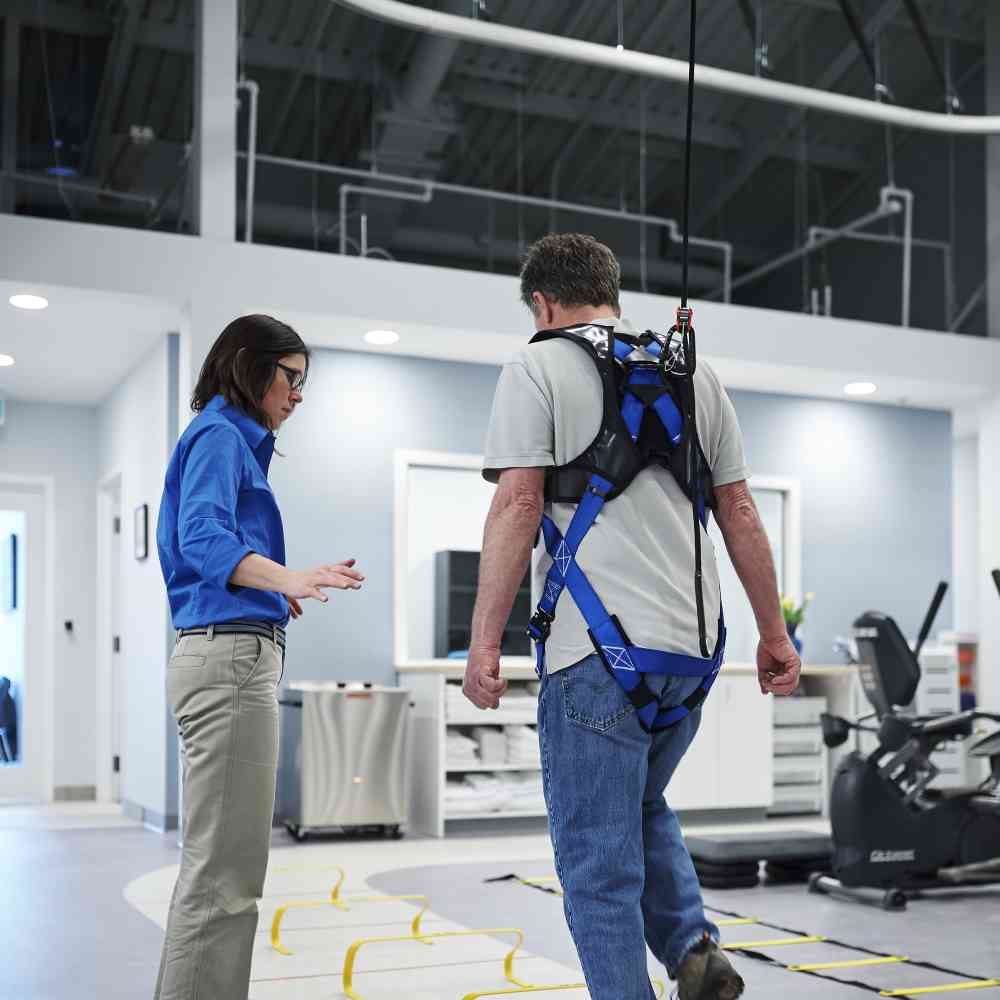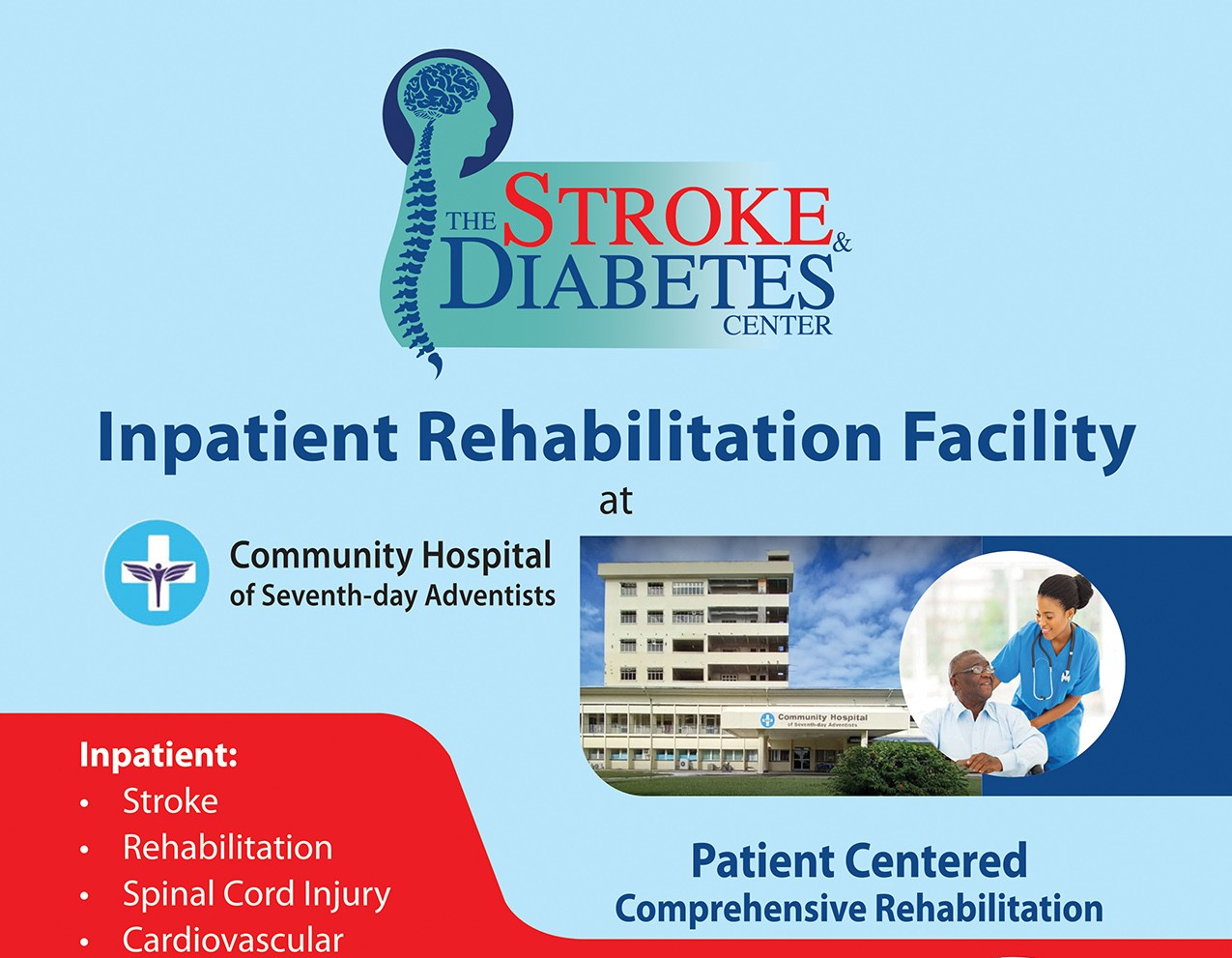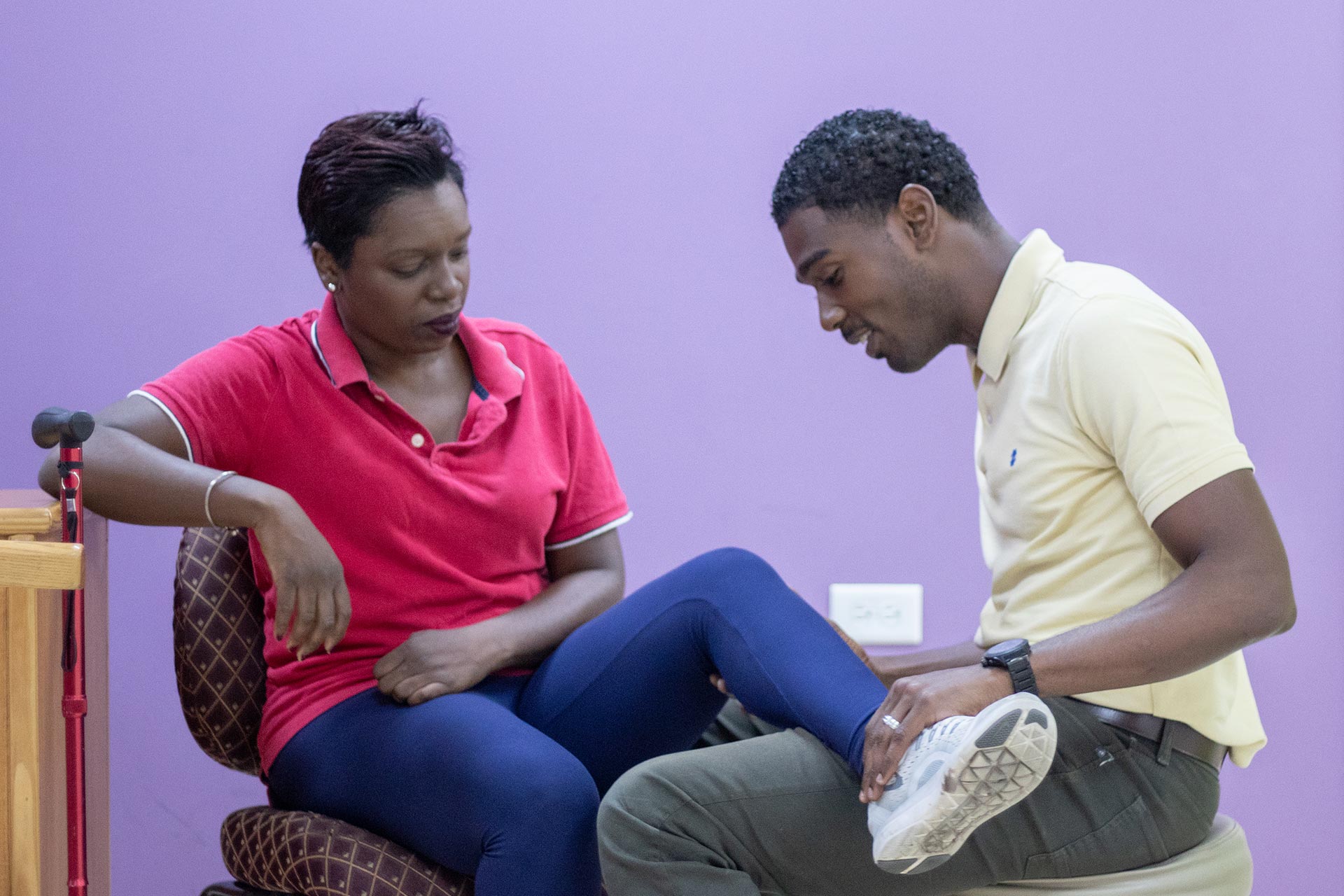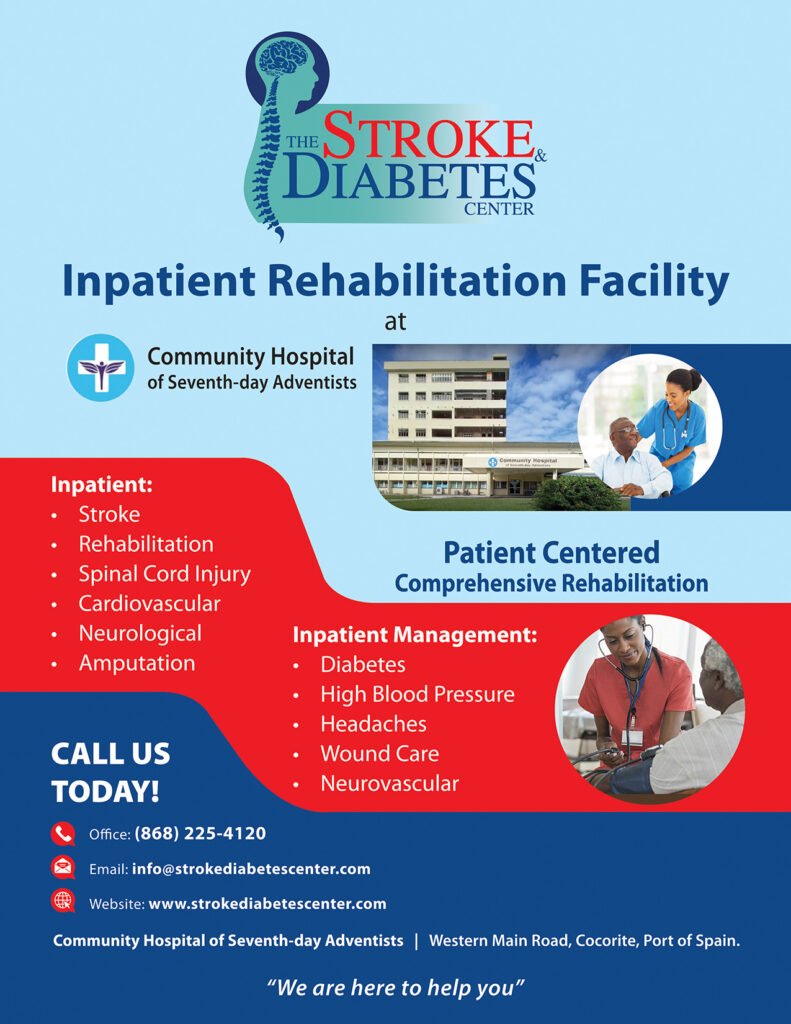Stroke, also called brain attack, occurs when blood flow to the brain is disrupted. Disruption in blood flow is caused when either a blood clot blocks one of the vital blood vessels in the brain (ischemic stroke), or when a blood vessel in the brain bursts, spilling blood into surrounding tissues (hemorrhagic stroke).
On average, someone suffers from a stroke every 40 seconds and someone dies from a stroke every 4 minutes. In all, 795,000 people suffer a new or recurrent stroke each year. The statistics are staggering, and make it clear why quick diagnosis and treatment is so important if you think you may be having a stroke.
Our physicians and specially-trained staff in neurology and heart care want the best possible outcome for each patient.

Know the symptoms and act F.A.S.T.
- Face droops on one side
- Arm drifts downward when raised
- Speech is slurred
- Time – Call 9-9-0 immediately.
Approximately 1.9 million brain cells die every minute a stroke goes untreated.
Beyond F.A.S.T.
Other Symptoms You Should Know
- Sudden numbness or weakness of the leg, arm or face
- Sudden confusion or trouble understanding
- Sudden trouble seeing in one or both eyes
- Sudden trouble walking, dizziness, loss of balance or coordination
- Sudden severe headache with no known cause
(Source: American Stroke Association)
Stroke Health Tips
- Diabetes and High Blood Pressure – Having diabetes as well as high blood pressure dramatically increases the risk of having a silent stroke, according to the American Stroke Association. This, in turn, can increase the risk of having a regular stroke. People with high blood pressure and diabetes need to control these chronic conditions to reduce their future stroke risk.
- Fruits, Vegetables Protect against Stroke – Eating fruits and green or yellow vegetables daily may protect against stroke. A 48-year study of 120,321 people found almost-daily consumption of green and yellow vegetables reduced the risk for death from stroke by 26 percent in both men and women, compared with those who ate no vegetables more than once a week. Almost-daily fruit intake reduced the risk by 35 percent in men and 25 percent in women. The study was published in 2003 in Stroke: Journal of the American Heart Association.
- Potassium and Stroke – Eating foods that contain potassium could reduce your risk for stroke. One study in the journal Stroke found that people who consumed fewer than 2,300 mg of potassium per day had a 50 percent higher stroke risk than those who consumed more than 4,100 mg. Good sources of potassium include baked potatoes with skin, plain yogurt, cantaloupes and honeydew melons, halibut and tuna steaks, grapefruit, orange or prune juice, bananas and molasses.
- Smoking Boosts Stroke Risk – Men who smoke increase their risk for bleeding stroke every time they light up, says the American Stroke Association. An 18-year study of more than 20,000 men found that those who smoke more than a pack of cigarettes a day double their stroke risk compared with people who have never smoked or those who’ve kicked their habits.
- Stress and Stroke Risk – People who say they are highly stressed have double the risk for fatal stroke as people who say they are stress-free, according to the American Stroke Association. Researchers believe this may be the case because stressed people tend to have more cardiovascular risk factors, including smoking, a sedentary lifestyle, higher alcohol consumption and high blood pressure.



